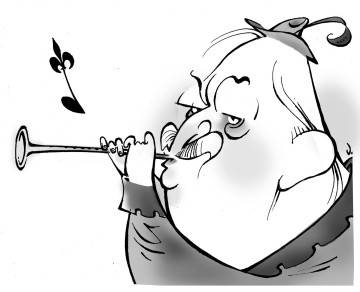
The now nearly forgotten Jacques Parizeau, leader of the Parti Quebecois and Premier of Quebec at the time of the 1995 Referendum. The near miss may have been partly the result of an attempted electoral fraud by PQ party workers at the polls who suppressed “no” votes. Parizeau, of course, saw the result differently and notoriously blamed the loss (some say drunkenly did so) on “money and ethnic votes.” We also discovered that had the PQ won by the narrowest of margins (the question posed in the referendum included negotiating a new constitutional arrangement with Canada first), Parizeau intended to make a unilateral declaration of independence on behalf of a newly sovereign Quebec. As Parizeau put it, the bamboozled population would accept it once they realized that they were now “lobsters thrown into a boiling pot.”
On this date is 1998, the Supreme Court of Canada ruled that Quebec cannot legally secede from Canada without the consent of the federal government.
Frye in “Canadian Identity and Cultural Regionalism”:
When the cultural and imaginative regionalism in Canada takes on a political cast as well, it becomes merely provincial. In extreme cases, as with certain extreme separatist groups in Quebec, British Columbia and the Prairies, it can become a kind of squalid neo-fascism. On the other hand, when the national political consciousness attempts to become generally imaginative and cultural, it is apt to become confused by insoluble problems of identity. I think we can eventually work our way towards a national culture and imagination, but it needs a solid regional basis. (CW 10, 268)

